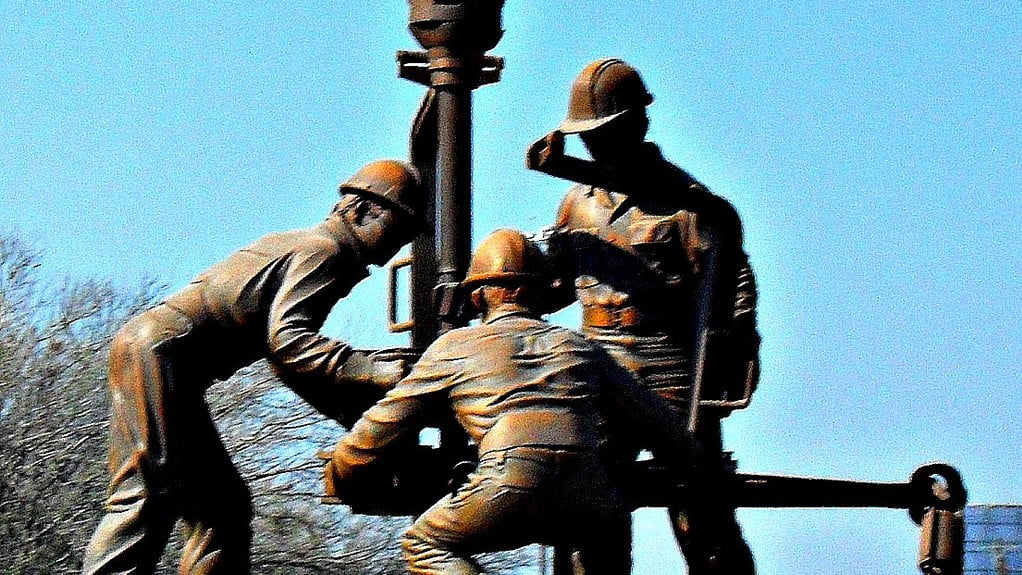| Date first published: 18/07/2017 |
| Key sectors: oil and gas Key risks: revenue loses; diminished investor confidence; damage to infrastructure Fuel theft is becoming a booming and increasingly violent industry in Mexico. No longer an activity carried out by group of local thieves who then supply those selling gas in highways or rural areas, it has become an increasingly lucrative business in which some of the most important criminal organisations in the country are alleged to be involved. It has also attracted corrupt state-owned oil company Pemex employees and networks of villages that find a reliable and profitable livelihood. The illegal business supplies not only local sellers, but also factories and gasoline station chains. The participation of major criminal groups has led to an increase in violence, alongside mounting costs due to this long-time and escalating practice. Fuel theft reportedly costs Pemex around US$1bln per year. Illegal tapping has only increased and, despite the government’s and Pemex’s renewed efforts to tackle it, fuel theft is bound to remain one of Mexico’s energy industry multiple challenges. Oil theft has recently become increasingly violent, with direct risks posed not only to the infrastructure, but surrounding areas where the main criminal groups operate. On 4 July nine people were killed in a series of shootings following disputes between suspected fuel thieves in Puebla state. Three people, including a local policeman, were killed on the spot, while five others were abducted and later killed and burnt. On 13 May an explosion at an illegal tap in Pemex’s Minatitlán-Mexicopipeline in Veracruz killed four people. On 7 May another explosion at an illegal tap in Pemex’s Puebla-Cordoba pipeline forced a partial shutdown of the facility in Santa Maria Nenetzintla in Puebla. Pipelines have also been increasingly targeted by criminals setting up thousands of illegal taps. Clashes between oil smugglers and security forces are expected to continue to become increasingly frequent. A booming and violent oil theft industry could negatively impact Mexico’s drive to attract foreign investment to the energy sector. Both government and Pemex authorities have recognised the scale of the problem and recently announced the implementation of additional measures to reverse the worrying trend. Officials estimate that more than 1.47m gallons are currently stolen every day. The number of illegal taps has increased almost 15-fold over the past seven years, from 462 in 2009 to 6,873 in 2016. Officials have been reportedly detecting an average of around 20 taps a day in 2017 to date. Although the practice is reported in almost all states, the most affected areas are the Burgos Basin oil region, comprising the states of Tamaulipas, Nuevo León and Coahuila, the states of Veracruz and Guanajuato and a cluster of rural municipalities known as the ‘Red Triangle’ in Puebla state. Revenue loses, risks to infrastructure and on potential foreign investment haves prompted a response by authorities. The government has deployed further troops to the affected areas to try to deter the practice and Congress is currently debating a new anti-fuel theft law. Pemex has in turn sought ways to reduce profit margins by suing companies for purchasing stolen oil and gas and reducing the quantity of refined products in its pipelines. Pemex has also installed new technology to detect pressure drops in pipelines and security systems to catch oil thieves. However, as long as the cycle of corruption, violence and demand for cheap oil remains, fuel theft is unlikely to abate. |
+44 (0) 203 816 9970
enquiries@akegroup.com

+44 (0) 203 816 9970
enquiries@akegroup.com

They're the industry leaders in training and protecting those of our staff working in harm's way. Even those of us who think we have nothing to learn have been humbled at the hands of AKE.
enquiries@akegroup.com
+44 (0) 203 816 9970

